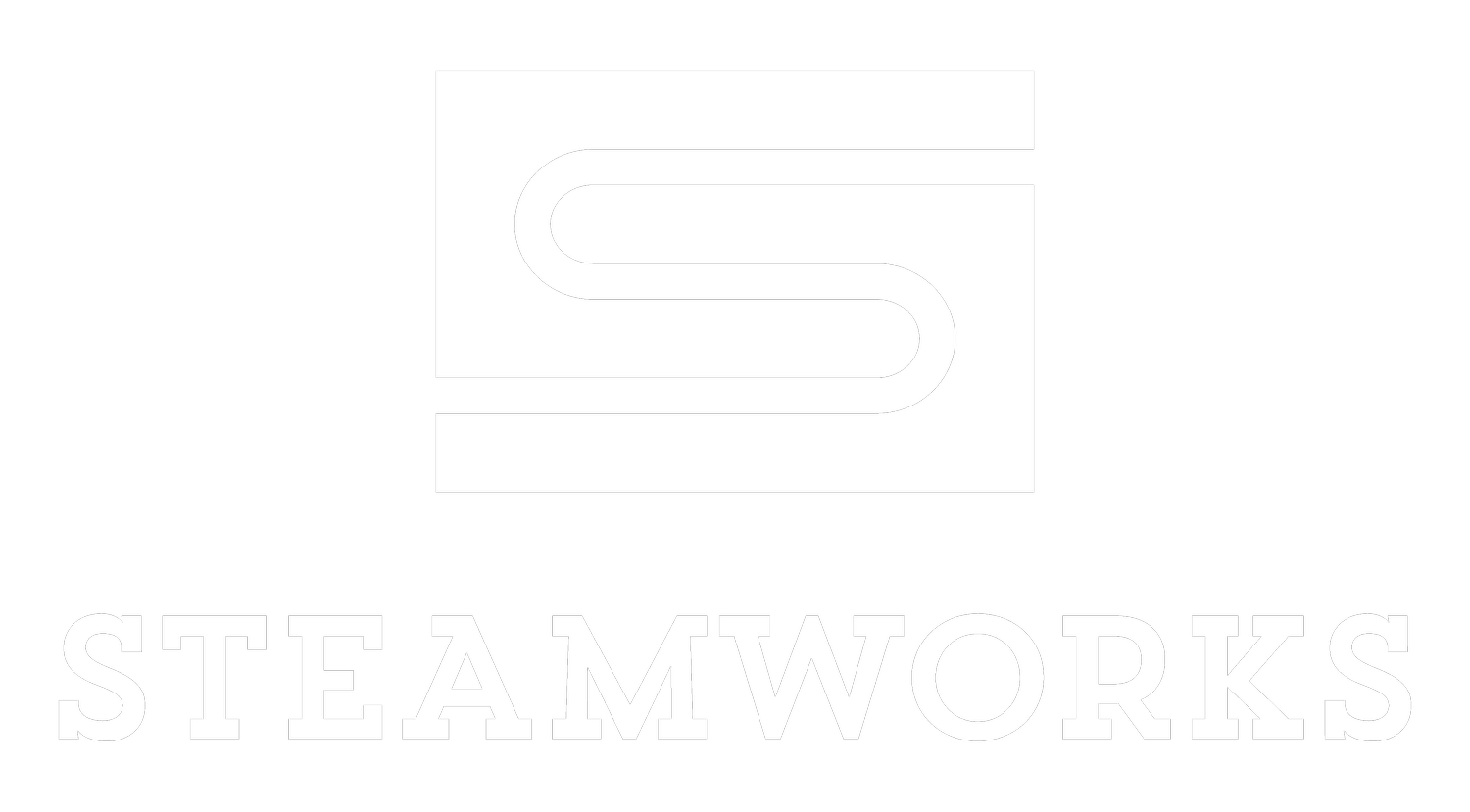What Conditions Merit an Emergency Shutdown?
The potential uncontrolled energy release in a boiler is tremendous. It’s a huge responsibility. Additionally, shutting down boilers are often a major upset to the entire plant process. After all, they keep the plant humming along.
Because of this the boiler operating job should - at least in part – feel like a lot of rehearsal. The old adage, “if you don’t use it, you lose it” certainly rings true here. Since the stakes are so high, an operator needs to understand the equipment and a certain level of courage to act in moments that need a response. Of course, responding competently is the key in keeping safety standards high and operational concerns at bay.
And let’s face it, the number of times that we have boiler room emergencies is low. The boiler tends to do a good job of keeping things going. This is intensely further supported by operators who are trained and knowledgeable on how to identify equipment issues before they turn into emergencies. It’s the reason why we do rounds and pay attention while in the boiler house.
Still, even in the highest maintained system there are times when emergency response is necessary. A boiler operator should be able to identify when conditions dictate an emergency shutdown of the boiler. The following tips will help you make an informed decision.
At Steamworks we apply the acronym “S E A M”. You might think, “when it’s coming out of its seam, I should respond first by considering…”
Below I’ll outline how this might help an operator to organize emergency situations:
S – Safety
The safety of plant personnel is always top priority. In addition, when facing an emergency shutdown, ensure all personnel in the vicinity are accounted for before proceeding. It’s important to think this through prior to an emergency as to how an operator can even communicate quickly and effectively with anyone who might be in the affect area.
E – Environment
Every step must be taken to avoid an environmental disaster. Hot water, large amounts of natural gas, fuel oils, hazard wastes, chemical totes all these and more can have an adverse and lasting effect on the environment. We don’t want to leave that kind of impression when it can be avoided.
A – Assets
The facility equipment, systems, and industry standing encompass assets. If a boiler or other equipment is catastrophically damaged, shutting down is to be prioritized to prevent higher costs (to personnel, reputation) of an incident.
M – Money
The cost of lost production should only be considered AFTER the first three checks are addressed first.
If we are honest, we could all order this above list correctly, but we often react with money in mind first. We push equipment to its limit and out of operating spec. We turn things back on without analyzing root causes. We encourage personnel passively by stressing about the money lost if production is down. Our conversation beyond the safety meeting moment needs to be checked.
Do we say the right things in the right moment but create a culture of money centric behavior?
To help put even more flesh on this topic, an immediate shutdown is required if…
There is an unmanageable hazard to human safety.
A dangerously low water level condition in the boiler is present. This will prevent overheating, melting, and subsequent rupture of pressurized components.
An uncontrollable furnace pressure or furnace conditions. For example, if a boiler furnace is designed to operate under a slightly negative pressure, then pressurization of the furnace may cause flame, extremely hot combustion gases, cinders, etc., to blow down violently from any furnace opening. This can cause serious burns, a fire in a solid fuel-fired boiler’s fuel feeding bins, damage conduit wiring, noxious smoke, vapors in the facility, etc.
Exceeding an environmental permit limit is cause for a shutdown. This may be considered a punitive action but when countermeasures are taken quickly to prevent exceeding the limit, it will be deemed a favorable action.
Loss of a critical control or safety device. If a protective device is not functioning it could lead to a serious accident. The decision to bring to a safe, idle condition, or other countermeasures should be addressed by a facility manager with the appropriate expertise.
Risk of damage to equipment. If a major component is in danger of a catastrophic failure risking human safety or long-term unavailability of the equipment, shutting down must take place.
Hazardous water hammer incidents are occurring. By shutting down the steam generation all water hammer will stop.
The boiler is uncontrollable suffering from a priming or foaming condition.
Large amounts of raw fuel are uncontrollably leaking into the atmosphere.
Black smoke exiting the furnace stack on a gas fired boiler.
Loss of control of the firing rate of the boiler.
If extreme weather that can damage buildings and equipment is approaching it may be reasonable to stop the boiler during this time.
Extremely high steam pressure being relieved by the safety pop off valves. In this instance the boiler should have stopped, but the high steam pressure switches failed.
This is certainly not an exhaustive list. There are many more reasons that a boiler operator would correctly consider shutting down the boiler. However, I hope you find this to be helpful for determining your response in the boiler house. As well as how important it would be to have rehearsed these scenarios long before they happen on the floor.
Need help creating SOPs for procedures like this? STEAMWORKS can help. Contact us today!

